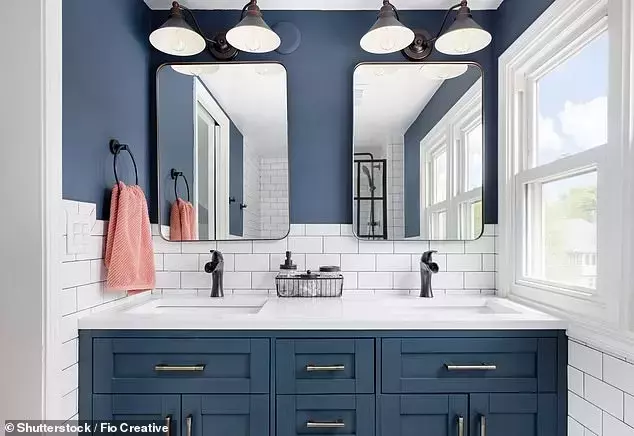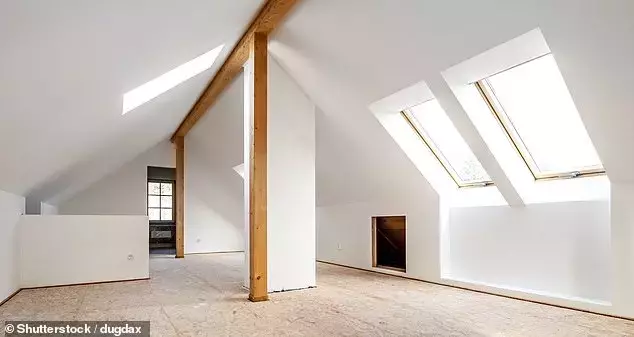



A recent study by Nationwide Building Society highlights a key finding for homeowners aiming to enhance their property's market value: a loft conversion stands out as the most impactful renovation. While many homeowners traditionally focus on kitchen remodels or bathroom upgrades, this research indicates that transforming an attic space can yield significantly higher returns, potentially increasing a home's worth by tens of thousands of pounds.
Homeowners often embark on renovation projects with the goal of increasing their property's appeal and market price. Customary choices include modernizing kitchens, adding extra bathrooms, or expanding existing living areas. However, the Nationwide analysis suggests a different approach for maximizing financial gains. For a typical three-bedroom house with one bathroom, converting the loft space can lead to a substantial 24% increase in its overall value. This translates to an average boost of around £65,279 for a home valued at £271,995.
This impressive return on investment from loft conversions far exceeds other common home improvements. For instance, adding an extra bedroom typically adds about £35,359 to a property's value, while increasing the total floor area might add £13,600. Even a new bathroom, a popular renovation, only contributes an average of £10,880. These figures underscore the unique financial advantage of utilizing unused attic space.
Despite the clear financial benefits, loft conversions are not the most frequently undertaken renovations. The study points out that 71% of homeowners who have made improvements in the last five years concentrated on kitchens and bathrooms. Only 24% opted for a loft conversion, and 21% for a single-storey extension. This disparity often stems from homeowners prioritizing aesthetic improvements or immediate living needs over long-term value appreciation, and many already possess sufficient bedrooms, negating the need for an attic bedroom.
Industry experts, like Mary-Lou Press of Propertymark, emphasize the significant impact of loft conversions, noting their ability to create substantial new living areas and significantly enhance property values. However, she also advises homeowners to thoroughly investigate planning regulations before commencing any work, as these can vary. While many loft projects might fall under permitted development rights, specific conditions or locations, such as listed buildings or conservation areas, may necessitate full planning permission. Therefore, consulting with relevant planning departments is crucial to ensure compliance.
Beyond immediate value, a growing number of environmentally conscious homeowners are also investing in green improvements. Approximately 34% of recent renovators have chosen eco-friendly upgrades to enhance energy efficiency and reduce utility costs. Popular choices include installing solar panels, insulating pipes and boilers, and incorporating air source heat pumps or electric vehicle charging points. These sustainable renovations, while not always providing the immediate monetary uplift of a loft conversion, offer long-term financial savings and environmental benefits.
Ultimately, while various home improvements can enhance a property, the data strongly indicates that a loft conversion offers the most significant financial return. This makes it a strategic choice for homeowners looking to substantially increase their home's market price, provided they navigate the necessary planning and regulatory requirements. This approach not only adds tangible value but also transforms underutilized space into a valuable asset.
